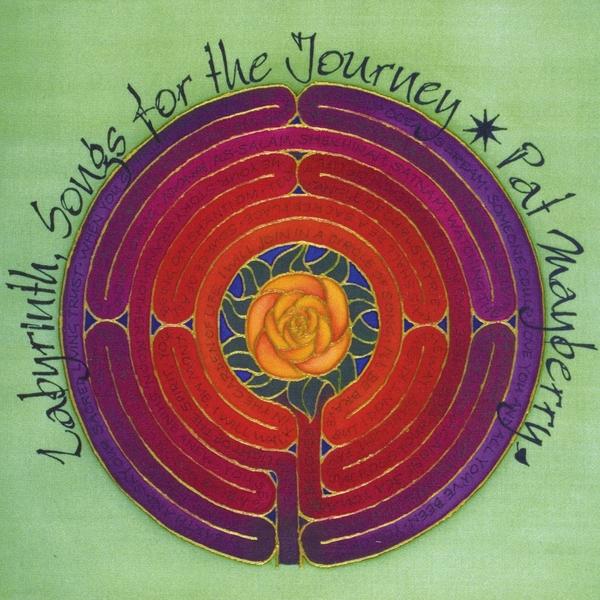
description
9We can bury the girlboss, but what comes next? The former executive editor of Teen Vogue tells the story of her personal workplace reckoning and argues for collective responsibility to reimagine work as we know it. "One of the smartest voices we have on gender, power, capitalist exploitation, and the entrenched inequities of the workplace."--Rebecca Traister, author of Good and Mad "As I sat in the front row that day, I was 80 percent faking it with a 100-percent-real Gucci bag." Samhita Mukhopadhyay had finally made it: she had her dream job, dream clothes--dream life. But time and time again, she found herself sacrificing time with family and friends, paying too much for lattes, and limping home after working twelve hours a day. Success didn't come without costs, right? Or so she kept telling herself. And Mukhopadhyay wasn't alone: Far too many of us are taught that we need to work ourselves to the bone to live a good life. That we just need to climb up the corporate ladder, to "lean in" and "hustle," to enact change. But as Mukhopadhyay shows, these definitions of success are myths--and they are seductive ones. Mukhopadhyay traces the origins of these myths, taking us from the sixties to the present. She forms a critical overview of workplace feminism, looking at stories from her own professional career, analysis from activists and experts, and of course, experiences of workers at different levels. As more individuals continue to question whether their professional ambitions can lead to happiness and fulfillment in the first place, Mukhopadhyay asks, What would it mean to have a liberated workplace? Mukhopadhyay emerges with a vision for a workplace culture that pays fairly, recognizes our values, and gives people access to the resources they need. A call to action to redefine and reimagine work as we know it, The Myth of Making It is a field guide and manifesto for all of us who are tired, searching for justice, and longing to be liberated from the oppressive grip of hustle culture.
member goods
No member items were found under this heading.
Return Policy
All sales are final
Shipping
No special shipping considerations available.
Shipping fees determined at checkout.







